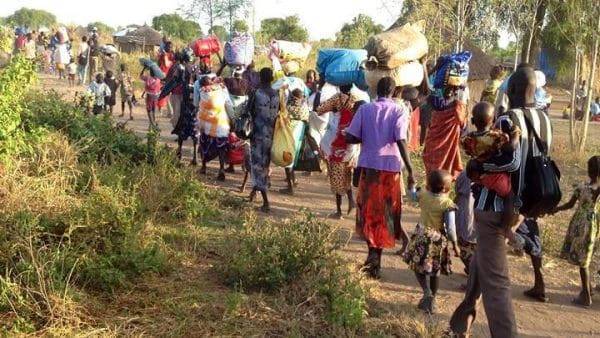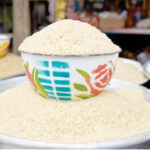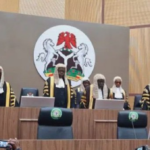When I heard last week that clashes had erupted again between the Tiv and Jukun communities in Wukari Local Government of Taraba State, I muttered to myself, “This is an old problem.” In 1990, weeks after I started my journalism sojourn at the rested Citizen Magazine in Kaduna, my colleague, Tawey Zakka and I were assigned to report on the Tiv-Jukun crisis, which raged with great ferocity that year in the old Gongola State.
Over two days, we did several interviews at Makurdi, Gboko and Katsina Ala before we went to Wukari town. There, we lodged at the Taraba Hotel for five days and from there, we visited many villages and crises spots all over the local government. We also interviewed many victims, officials and community leaders, but our attempts to interview the Aku Uka of Wukari failed.
At the time we visited, most Tiv residents had fled across the border into Benue State. The border was just a bush path. Jukuns were still living in their villages but ferocity of the fighting was evident. Burnt vehicles and houses littered the landscape and farmlands were also destroyed. At the Katsina Ala motor park, we were told that Tiv and Jukun militiamen alternately blocked the road to Wukari, searched vehicles, ethnically profiled passengers and killed them. My colleague Tawey, who was Kuteb from Takum, was nervous that he could fall into the hands of Tiv militiamen but I, being young and brash, was not scared at all because I thought, well, I am neither Tiv nor Jukun, so what is my problem in this one?
From all the conflicting accounts, I managed to place my finger on the kernel of the problem. It was one of the worst manifestations of indigene/settler syndrome in Nigeria, one with a very old history dating back to pre-colonial times. Thousands of industrious Tiv farmers were tilling the land in Wukari, and they paid tribute to local Jukun chiefs whenever they harvested the yams. While the Jukun relished the tributes, they saw the Tivs as settlers who should not claim many civil rights in Wukari, especially in politics. The feeling, as we gathered by interviewing many community leaders, was that Tivs have many local governments in Benue State but Jukuns have only Wukari, so Tivs should not get involved in its politics. Trouble is, Tivs already far outnumbered Jukuns in Wukari. In Gboko, an old civil servant showed us a census conducted by a British colonial district officer in 1913, which showed that as at that date, Tivs were two-thirds of Wukari’s population.
In fact, the 1990 clashes began after the Babangida military regime conducted local government elections. As we heard, the Tiv community agreed not to contest for local government chairman but they demanded to produce the vice chairman. Jukun refused the demand. As it happened, one audacious Hausa man contested for chairman and he won with the support of the Tiv. Jukun militiamen attacked him and he spent months in a Yola hospital. The crisis then spread to the streets and villages, with great ferocity.
Nor did we see any sign that the communities were ready for peace. In Katsina Ala, we interviewed Professor Mvendaga Jibo at his small hotel. He was all fired up; he said the Tiv should adopt a cultural policy whereby each Tiv man should marry a Jukun wife and within a few generations, there would be no Jukuns.




